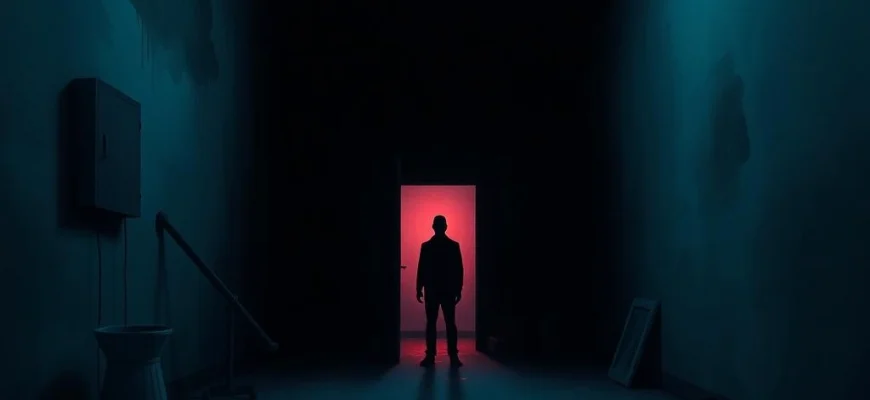If you enjoyed the gripping psychological thriller The Strawman (2022), you're likely craving more films and shows that deliver the same eerie tension and mind-bending twists. This article explores 10 similar titles that will keep you on the edge of your seat, blending psychological depth with suspenseful storytelling. Whether you're drawn to unreliable narrators, dark mysteries, or unsettling atmospheres, these picks will satisfy your craving for more unnerving entertainment.

The Truman Show (1998)
Description: Explores themes of reality manipulation and the blurring of lines between constructed environments and genuine human experience, focusing on a protagonist unaware of his life being a staged production.
Fact: The film's concept was inspired by an episode of The Twilight Zone. It was one of the first mainstream films to predict the rise of reality television.
 Watch Now
Watch Now 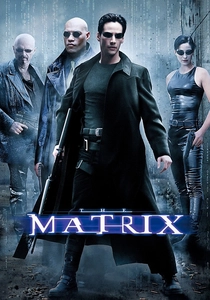
The Matrix (1999)
Description: Presents a simulated reality where humans are unknowingly trapped, exploring themes of awakening, rebellion, and the search for truth in a fabricated world.
Fact: The film's iconic bullet-dodging scene required a custom-built rig and 120 cameras to achieve the effect. It won four Academy Awards, mostly in technical categories.
 Watch Now
Watch Now 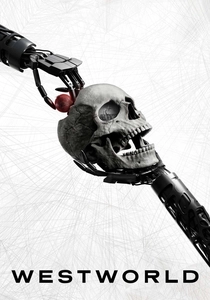
Westworld (2016)
Description: Centers on artificial beings in a meticulously crafted world, questioning the nature of consciousness and free will when environments are designed to control inhabitants.
Fact: The series is based on the 1973 film of the same name. It was one of the first major TV series to be shot and broadcast in 4K resolution.
 Watch Now
Watch Now 
The Man in the High Castle (2015)
Description: Depicts an alternate history where the Axis powers won WWII, creating a world where propaganda and suppressed truths play a central role in societal control.
Fact: Based on Philip K. Dick's novel, the series features intricate world-building and was one of Amazon Prime's first major original series.
 Watch Now
Watch Now 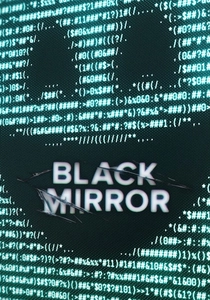
Black Mirror (2011)
Description: Delves into dystopian futures where technology intersects with human psychology, often revealing unsettling truths about society's dependence on media and surveillance.
Fact: The title refers to the dark reflection one sees in a blank screen of a turned-off TV, tablet, or smartphone. Each episode is a standalone story, making it an anthology series.
 Watch Now
Watch Now 
The Leftovers (2014)
Description: Focuses on the aftermath of a mysterious global event that causes the sudden disappearance of 2% of the world's population, delving into grief, belief, and existential uncertainty.
Fact: The show's opening theme changes every season to reflect the evolving tone of the series. It was critically acclaimed for its deep emotional and philosophical exploration.
 Watch Now
Watch Now 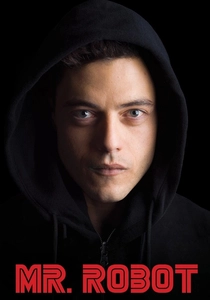
Mr. Robot (2015)
Description: Follows a hacker unraveling layers of corporate and societal deception, emphasizing themes of paranoia, identity, and the illusion of control in a digital age.
Fact: The show's creator, Sam Esmail, insisted on using real hacking techniques depicted accurately. The series won multiple awards, including a Golden Globe for Best Television Series.
 Watch Now
Watch Now 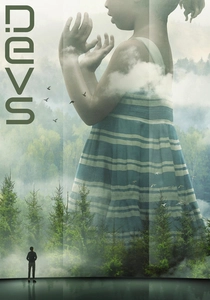
Devs (2020)
Description: Examines determinism and the idea of a preordained universe through a tech company's secretive project, blending sci-fi with philosophical inquiry about fate and reality.
Fact: The series was filmed using anamorphic lenses to create a distinct visual style. It marks Alex Garland's first foray into television as a creator.
 Watch Now
Watch Now 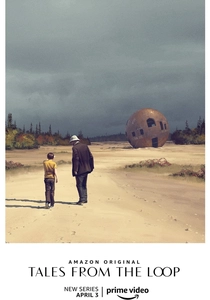
Tales from the Loop (2020)
Description: Set in a town built around a mysterious machine, the series explores interconnected lives and the surreal, often melancholic intersection of technology and human experience.
Fact: Inspired by the art of Simon Stålenhag, the series blends sci-fi with nostalgic, painterly visuals. Each episode tells a standalone story within the same universe.
 Watch Now
Watch Now 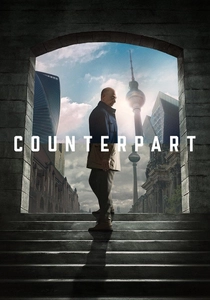
Counterpart (2017)
Description: Revolves around a hidden portal to a parallel universe, examining duality, espionage, and the consequences of choices in a world where every person has a double.
Fact: The series was shot in Berlin, using the city's Cold War-era architecture to enhance its espionage themes. It was canceled after two seasons despite critical praise.
 Watch Now
Watch Now 
